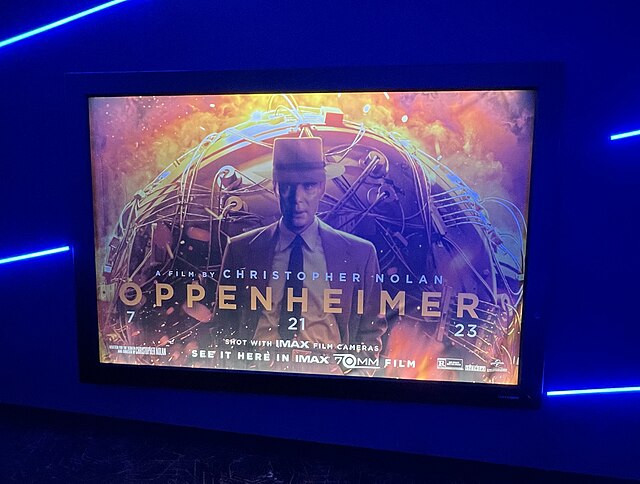Christopher Nolan's latest film, Oppenheimer, has continued its box office success with its recent release in Japan, breaking a 12-year-old record for the director's highest-grossing movie outside of North America. The biopic, which chronicles the life and career of American theoretical physicist J. Robert Oppenheimer, has earned $5.5 million in Japan over the last two weeks, pushing its overseas total to $640 million. This surpasses the previous record held by The Dark Knight Rises, which earned $634 million internationally.
Oppenheimer's triumph in Japan comes despite its lengthy runtime, R-rating, and historical subject matter, factors that can often hinder a film's box office performance. The movie's success can be attributed to rave reviews, strong word of mouth, and the hype generated by the Barbenheimer phenomenon. With a worldwide gross of $968.3 million, Oppenheimer has solidified Nolan's status as a director whose name alone can sell a film.
However, the film's release in Japan has not been without controversy. As the only country to have been attacked with nuclear weapons, Japan's reception of the movie has been complex. Some Japanese viewers have criticized Oppenheimer for focusing solely on the side that dropped the atomic bombs while ignoring the perspective of those who were bombed, with some even accusing the film of "launching a massacre against Japan."
This criticism has sparked a backlash from American viewers, who argue that the atomic bombs' destruction of Japanese militarists' ability to continue waging war hastened the end of World War II and the global peace process. The controversy has prompted many Americans to delve into the historical facts surrounding Japan's external aggression and the war crimes committed by the Japanese army during the conflict.
As the debate expanded on social media, terms such as "Unit 731" and "Nanjing Massacre" began trending on platforms like TikTok. American netizens forwarded videos introducing the experiments carried out by Unit 731 in China, where Japanese troops used prisoners to test the effects of biological and chemical weapons. The revelation of these atrocities has left many Americans astonished and outraged, with some videos attracting over 2 million views.
The controversy has also shed light on the secret deal reached between the US and Shiro Ishii, the organizer and direct leader of Unit 731, following the war. In exchange for sharing human data from the biochemical experiments conducted in China, Ishii was allowed to escape justice, and the US continued similar tests.
As Japanese Prime Minister Fumio Kishida prepares for an official visit to the US, the debate between the two "close allies" has prompted Chinese netizens to call on Japan to face up to its history and reflect on its war atrocities. The social media spat surrounding Oppenheimer's release has not only highlighted the film's success but also sparked a broader conversation about the importance of confronting and acknowledging historical wrongs.
Looking ahead, it remains to be seen what Christopher Nolan will tackle next and whether he will be able to surpass the new overseas box office record set by Oppenheimer. While reports suggest that his next project might be a remake of the 1967 miniseries The Prisoner, a classic espionage thriller, the director's ability to create commercially successful and thought-provoking films has been firmly established with his latest triumph.





